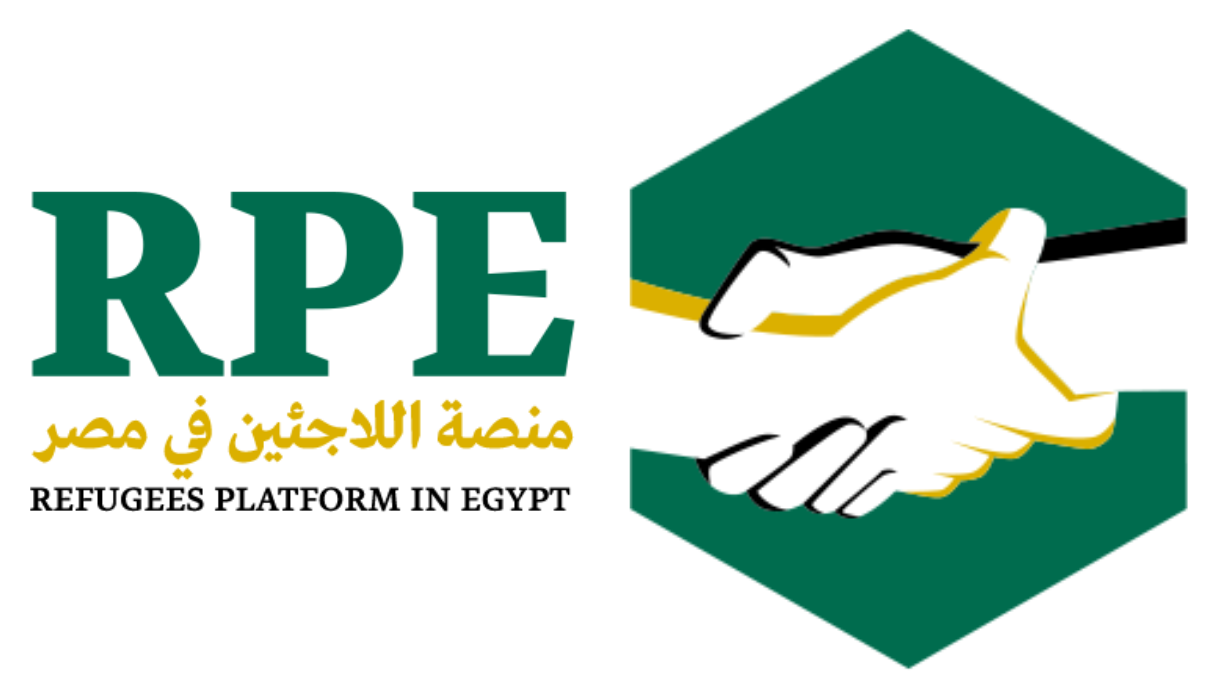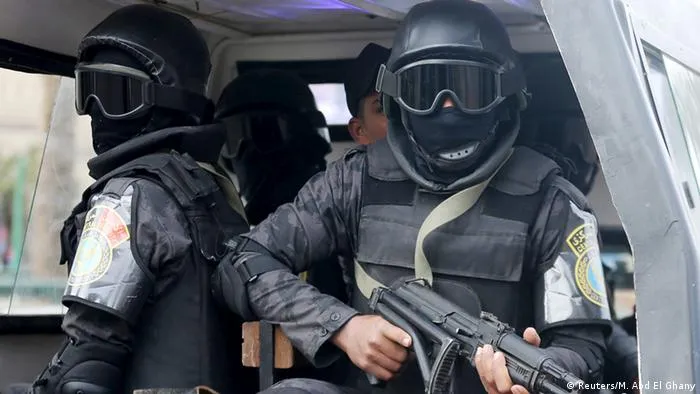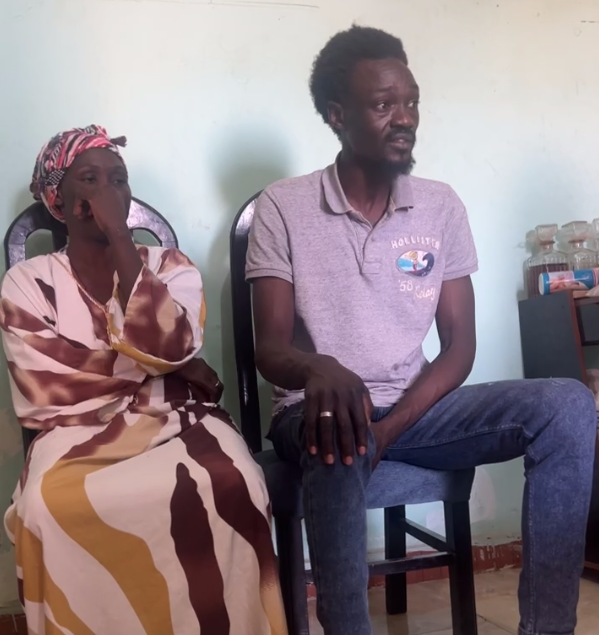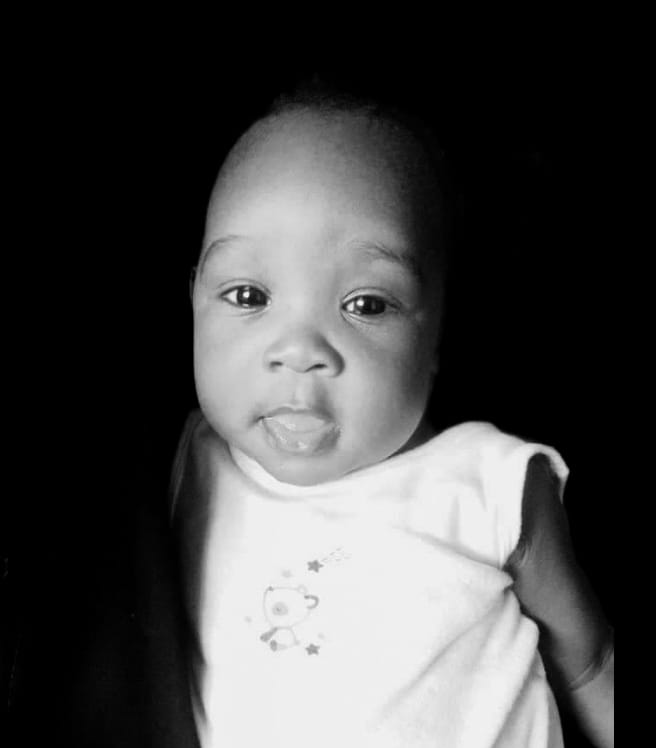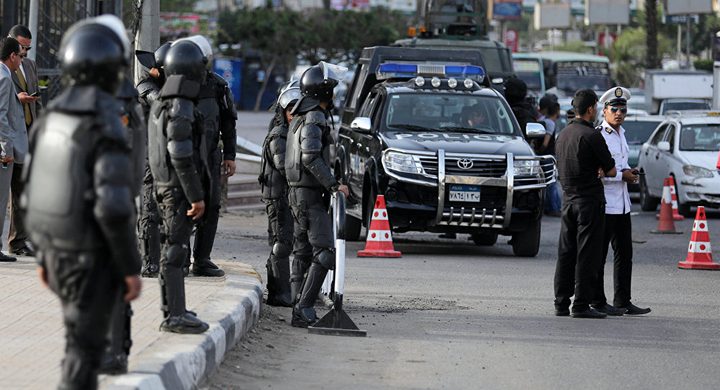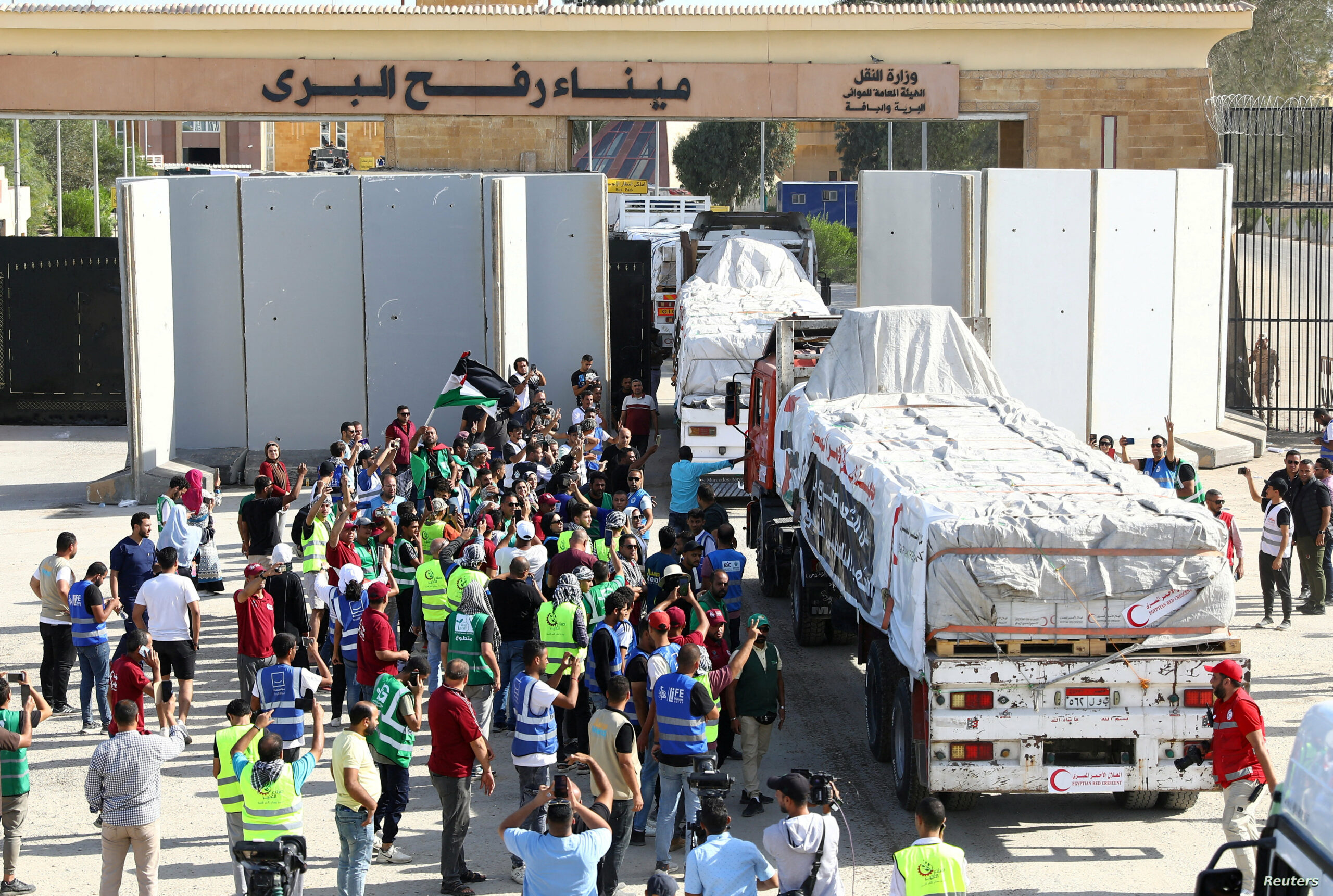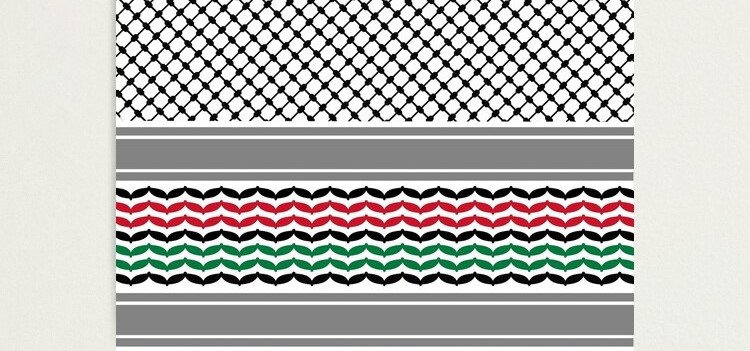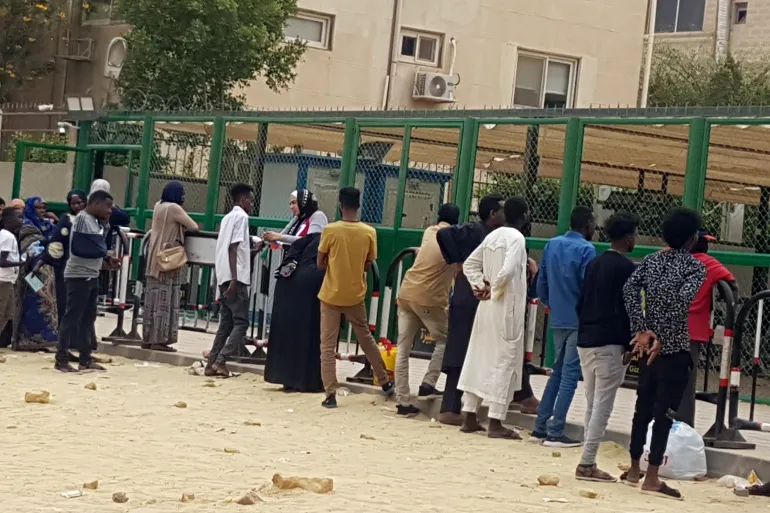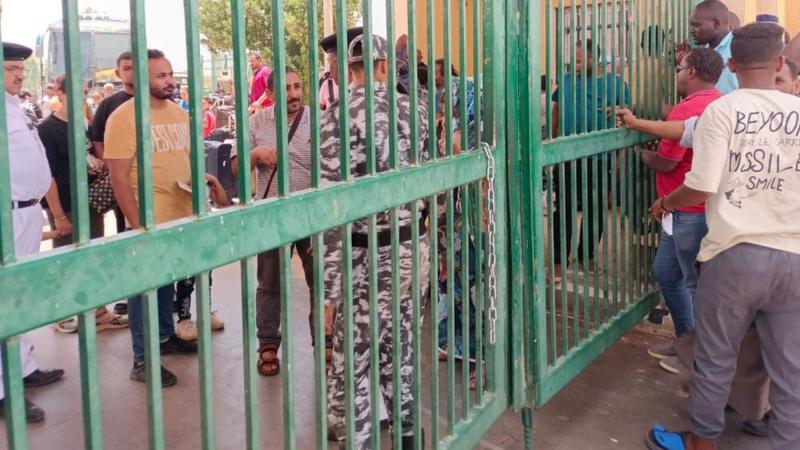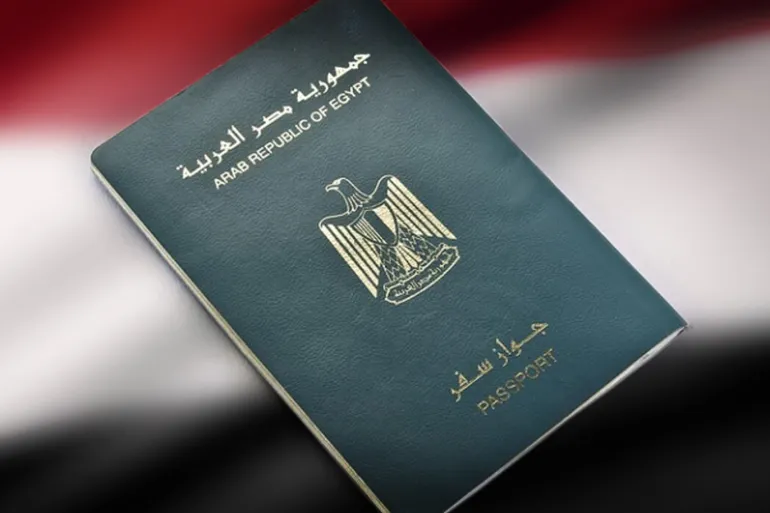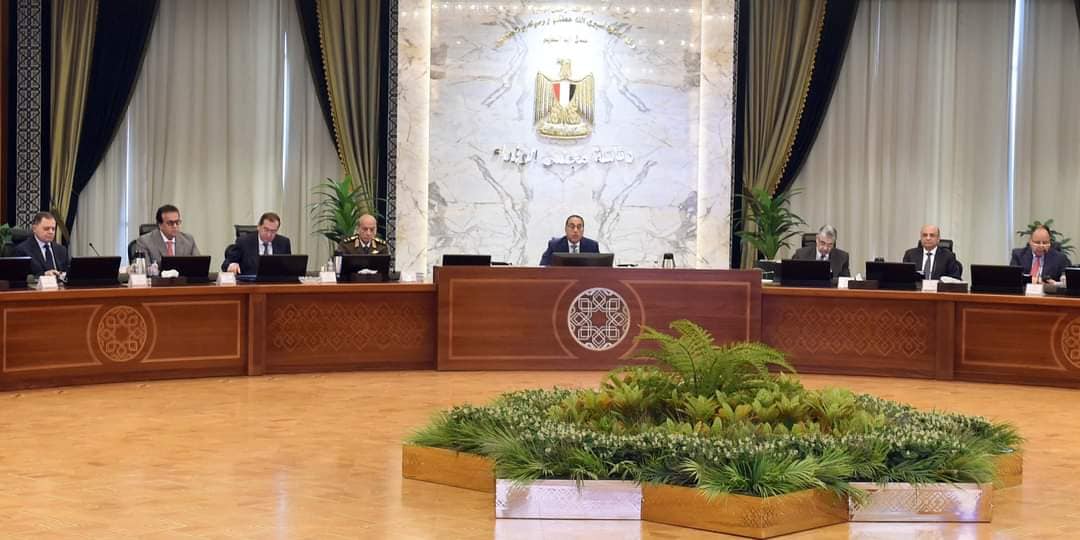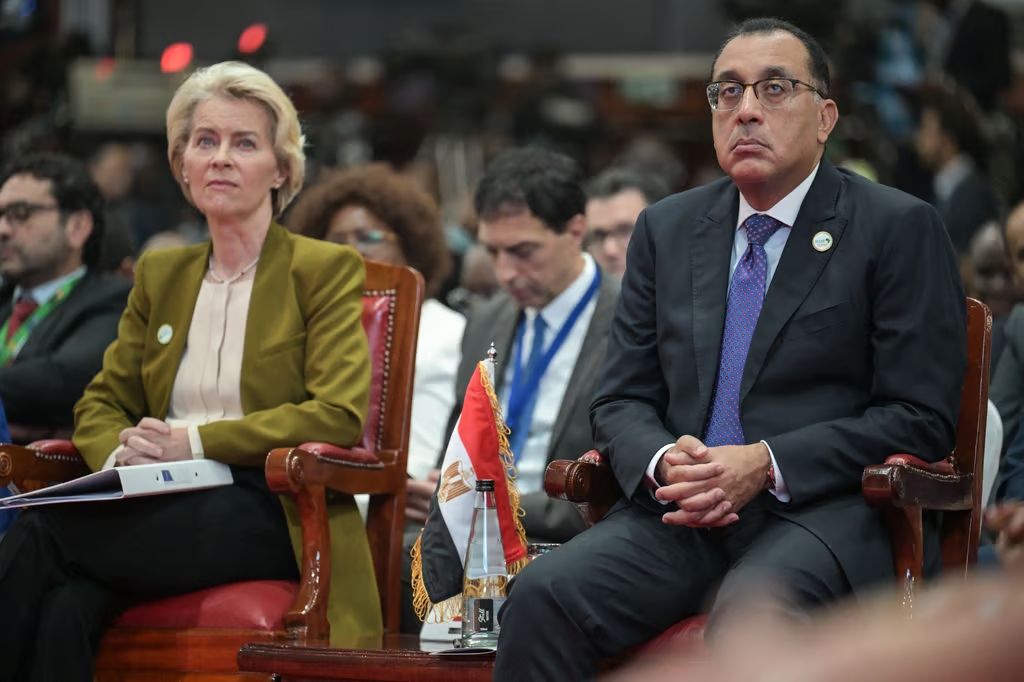“I was sitting in the café, waiting for someone to rent an apartment from. A microbus stopped in front of me… they pulled me to the police section with two others, then took me to a store to move boxes, I don’t know what they contained. Then they left me in the desert…They threatened me not to tell or report what happened.” Malik says, a Sudanese refugee.
One of the initiatives concerned about African refugees in Egypt documented the testimonies of Sudanese refugees residing in Nasr City, Cairo. They were kidnapped by security forces wearing uniforms and forced to work in a “store”, they could not find out exactly where they were, then left in the desert, through fifteen testimonies of people who were trafficked and put into forced labour under beatings and threats.
“The same violations that I left Sudan for are the same violations that are taking place here, and this could be one of them” and “UNHCR is procrastinating and slow in implementing our demands, and if I was surprised that the issue reaches my home.” Another refugee says.
In his testimony, Malik says: “We were arrested – me and five individuals – we were sitting in the community house in the al-Tabbah area (a place where refugees gather), a microbus came with policemen in black winter uniforms, they entered the place and took me and those with me and when I asked them about what is happening, they said, “Everything will be fine… get in.” “They pressured us and threatened us to tell them the location of the refugees’ in the area “Alkilu Arbaeh Wenoss”, they stormed the place and arrested all those present, including the committee’s reporter. While we were passing through the streets, they arrested others and put them in the microbus with us.”
Forced labour is defined as a form of human trafficking, which is all work or services that are raped by a person under the threat of any penalty and not voluntarily performed by that person. Refugees’ testimonies indicate that security forces in uniform have violated their rights several times by kidnapping, beating and forcing them to work without pay. According to the Egyptian Constitution in Article (12), no citizen may be forced to work, except by virtue of a law, and to perform a public service, for a specified period, and for fair remuneration, and without prejudice to the basic rights of those assigned to work.
Many refugees move to Egypt to find safety, but the truth is that they find violence and institutional racism that are also normalized by society and are left without legal protection.
In recent years, the media, NGOs and UNHCR staff have consistently reported numerous cases of mistreatment and abuse of refugees and migrants, especially women and children. According to UNHCR, refugees have reported harassment, sexual harassment and discrimination. Refugee women and girls, particularly Africans, faced the greatest risks of community-based sexual and gender-based violence.
According to UNHCR and press reports, police raids on neighbourhoods known to house Syrian, Sudanese, and other African refugees, as well as migrants, have increased, leading to an increase in arrests. Detainees reported that authorities subjected them to verbal abuse and poor detention conditions. According to the latest UNHCR statistics in Egypt, in December 2021, there are 271,102 refugees and asylum seekers registered with UNHCR in Egypt, including 50,665 from Sudan, 20,240 from South Sudan, 20,174 from Eritrea, 15,671 from Ethiopia and 6,771 from Somalia.
In a statement issued on November 15, 2021, by the spokesperson for the Ministry of Foreign Affairs, after a meeting of Egyptian Foreign Minister Sameh Shoukry with the European Union Commissioner for Internal Affairs Ylva Johansson, he stated that “the Egyptian government has followed an approach based on respect for the human rights of migrants and refugees, allowing their integration into Egyptian society with elimination of all forms of discrimination against them. Meanwhile, European Union Commissioner Johansson said at the time that “Egypt is a reliable partner in migration issues.”
A 63-year-old Sudanese says in another testimony: “I have a problem with the Sudanese security, especially after what is happening in Sudan… They accuse me of incitement because I help refugees in Egypt. On a recent day, four people came and said to me they are security forces from the embassy and accused me of inciting demonstrations in Sudan… I left the house and my family then went to the department to make a report…I went to the Public Prosecution office and when I returned at about 8 o’clock there was a microbus standing in the corner. They told me: “Hajj, come, we want the gathering of the Sudanese people here.” I said why?, They told me that we are “State Security” and you must cooperate with us… Where are you from?… I told them I was coming from the prosecution because there were people who attacked me etc….and when I refused to go with them, they took me by force. I could not resist, I am 63 years old and sick and my leg hurts. They pulled me into the microbus and broke one of my teeth. They arrested many other people, and we found ourselves in warehouses with a very large group in which there were 3 minibuses, and they were moving and arranging cartons. They forced me to move cartoons too… If it wasn’t for the young men with me, I wouldn’t have reached the house. I told myself I would die here.”
According to hundreds of press reports and reports by local and international human rights organizations, the National Security Agency conducts countless unauthorized home raids, arbitrary arrests, and enforced disappearances of political opponents and suspects ordinary citizens as well, with impunity. Among the testimonies mentioned here, in addition to the above, refugees’ homes are raided, arbitrarily arrested, and forced to work without pay under threat and beatings.
On October 29, 2020, dozens of Sudanese refugees and migrants were arrested after peaceful protests erupted over the killing of Sudanese child “Mohamed Hassan“. Refugees protested in front of the UNHCR Office in the 6th of October city, calling for justice, protection and action to confront human rights violations occurring against African refugees in Egypt. Security forces violently dispersed the demonstrators using tear gas, water cannons, and beatings with batons. The security forces arrested about 70 people, including children, and some detainees were beaten and insulted in police custody.
In May 2020, Egyptian police arrested three Sudanese stranded in Cairo as they protested in front of the Sudanese embassy to demand their speedy return to Khartoum. The three were participating in protests outside the embassy, demanding their government return them.
One of the refugees adds: “They took us to large warehouses to be surprised that there were 2 other microbuses in front of us. They took us into a warehouse and forced us to transport cartons and all the time they cursed and beat us until they forced us to work. This situation continued from about 9 pm to 3 am, then the same microbuses came and took us to the desert where they left us… We started getting to know the road, then we learned that it is the axis of Field Marshal Tantawi in the Fifth Settlement, but we do not know the exact location of the store.”
Observers in the US State Department’s report “Trafficking in Persons 2021: Egypt” reported that male refugees and migrants are vulnerable to exploitative labour practices, Male refugees and migrants are vulnerable to exploitative labour practices, including forced labour. Foreign domestic workers – who are not covered under Egyptian labour laws – primarily from Bangladesh, Eritrea, Ethiopia, Indonesia, the Philippines, Nigeria, Sudan, South Sudan, and Sri Lanka are highly vulnerable to forced labour; employers at times require them to work excessive hours, confiscate their passports, withhold their wages, deny them food and medical care, and subject them to physical, sexual, and psychological abuse. Some employers file false claims of theft to further exploit domestic workers. Traffickers subject women and girls, including refugees and migrants from Asia, Sub-Saharan Africa, and the Middle East to sex trafficking in Egypt.
Jamal, a Sudanese refugee, says: It happened more than once. I was kidnapped on27th of December, on 5th of December and on the second of January by men in security uniforms… I was forced to work in the same way for free… I informed the UNHCR and called the Protection Department and sent an email, but no reply yet.
“We went to the UNHCR to report, and we found it became a police station and not a humanitarian office. The UNHCR is now surrounded by a large number of police vehicles and an impenetrable iron fence has been put in place… In order for the refugee to reach the services window and present his case, he must go through all this… This is one of the problems they are unable to communicate our cases and no one can protect us.” Testimony of one of the refugees who went to report a violation of his right and was forced to work for free and went also to demand protection.
He adds, “After pressure and negotiations with the police, they allowed one of us to enter the UNHCR office, and he met an employee and showed him what happened, but no one was able to solve our problem.”
And in another testimony from Abdulaziz, an African refugee: “I found a microbus that stopped me and told me to get in. I asked them what was happening. He told me to get in. I told them I wanted to know why. They put me in the microbus by force. They took us to stores and found about twenty others there, even our phones were taken from us, it was cold. We had elderly people with us and there was not even something for them to warm up with, and this is not the first time that this happened, every time there are similar situations here in the area “Alkilu Arbaeh Wenoss”, they come and take people to make them work.” Abdelaziz described the situation of the refugees, “You keep walking and get hit in the street, and you get hit by the government, and when we went to the UNHCR, we found them a police station.”
In the same context, a Sudanese community leader explains: “Security campaigns targeting areas where African refugees live are always ongoing, as is happening in “Alkilu Arbaeh Wenoss” area. We, as community leaders, send complaints to the UNHCR office in Egypt. However, the UNHCR responds that they will follow up, but we do not receive a response to any of the complaints or communications that we submit, whether in cases of arbitrary detention, disappearance, physical and sexual attacks, and even requests for access to basic services. He explained, “The UNHCR’s ignoring of the requests we submit to them regarding the violations facing the refugees puts us in a difficult confrontation with the people of our communities who believe that community leaders have the decision to solve their problems, but in fact, we have no other option in hand but to communicate with the UNHCR.”
